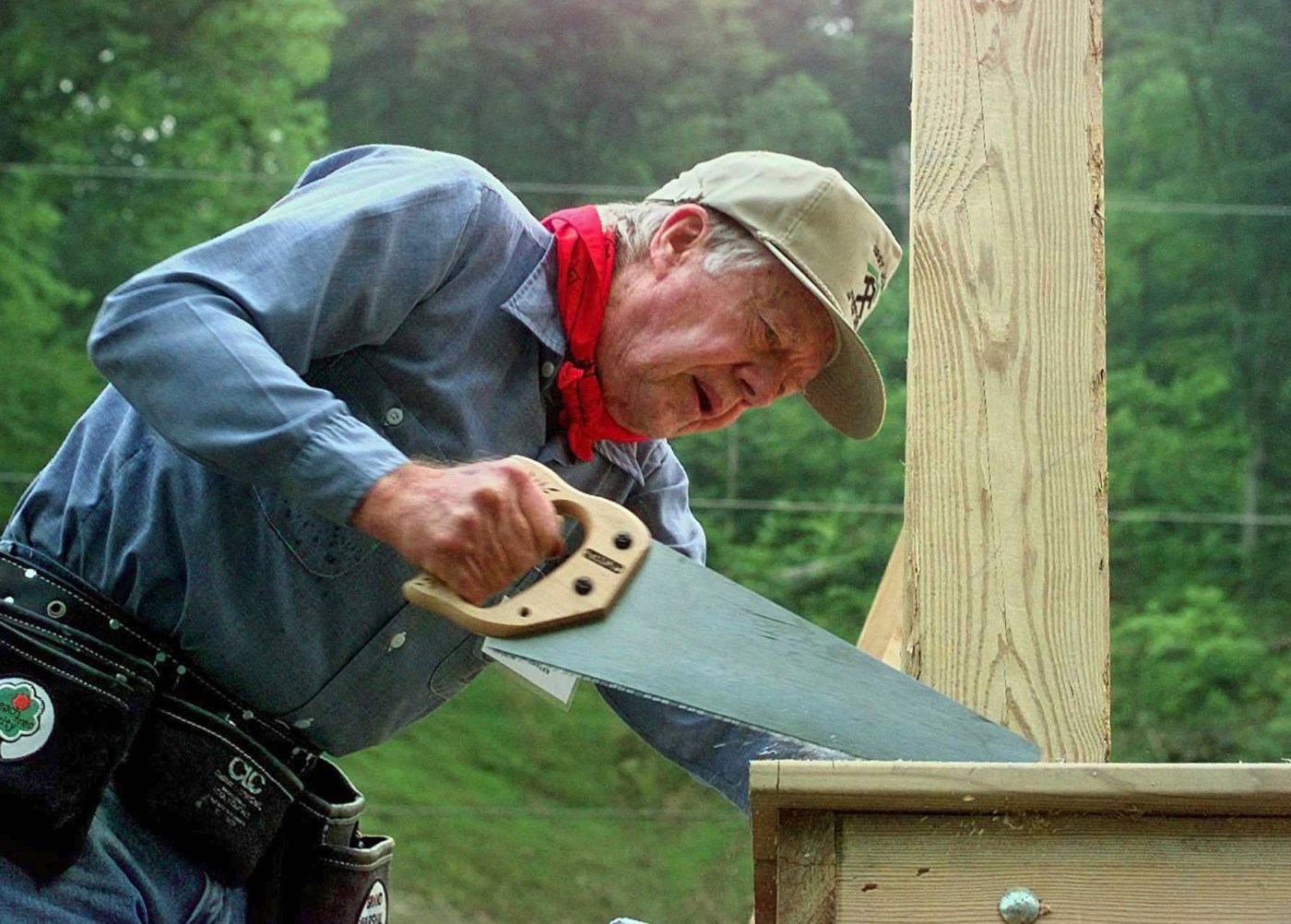
Percelay: Carter perfected the politics of decency
Jimmy Carter’s presidency was marked by a series of high-profile failures that cast a shadow over his four years in office and ultimately resulted in his reelection loss. But history may view President Carter in a very different light as people come to appreciate the man himself, the quality of his character and the standards of conduct he brought to the office of the presidency.
As a former Chairman of the Habitat for Humanity, I had the opportunity to spend a weekend in Plains, Georgia, with Jimmy and a group of Habitat leaders. Both President Carter and his wife Rosalynn gave our small group a tour of his boyhood home and general store which his father built. The house, which was adjacent to their peanut farm, was simple yet the Carters were viewed in Plains as highly successful businesspeople and pillars of the community. Carter explained the fact the family owned a car made them unique in Plains. With great pride, Carter toured with us the Global Village that he helped create near Plains that featured examples of basic housing from lesser-developed countries around the world, including many Carter said cost less than $2,000 to build.
We had the opportunity to attend a Baptist Church service where the former president delivered a captivating sermon and were invited to attend a wedding for a young woman from Plains. When Carter found out the woman’s father had passed away prior to the wedding, he volunteered to walk her down the aisle and stand in for her late father. At no time during our weekend in Plains did we see any media covering his acts of personal generosity, there were no television cameras and no stories promoting his acts of kindness. Indeed, everything he did was unscripted, and Carter himself did not project the air of self-importance one might associate with a former president.
While Carter was not the founder of Habitat for Humanity, he became the face of the organization and often showed up at build events with a tool belt and hammer which he used with skill. Carter’s adoption of Habitat embodied everything he stood for, including the importance of community, the value of volunteerism and the need to help others less fortunate. Carter’s public support of Habitat had an enormous impact on its success, both domestically and around the world. Without Carter, the organization would not have grown to be the largest volunteer housing producer in the world.
Post presidency, he and Rosalynn maintained the same simple life that predated his years in the White House, which by today’s standards was an anomaly.
Carter was not a natural politician, which proved to be a liability while in office but was an asset after he left the White House. At a time of political division and civil discord in the United States, Carter stands as a shining example to both Democrats and Republicans of how a leader should lead by example. His failures as a president have been well documented, but his success as a person may indeed be his greatest legacy and an inspiration for future leaders.
Bruce A. Percelay was a former Chairman of Habitat for Humanity of Greater Boston and currently serves as the Chairman of the Edward M. Kennedy Institute for the United States Senate.

